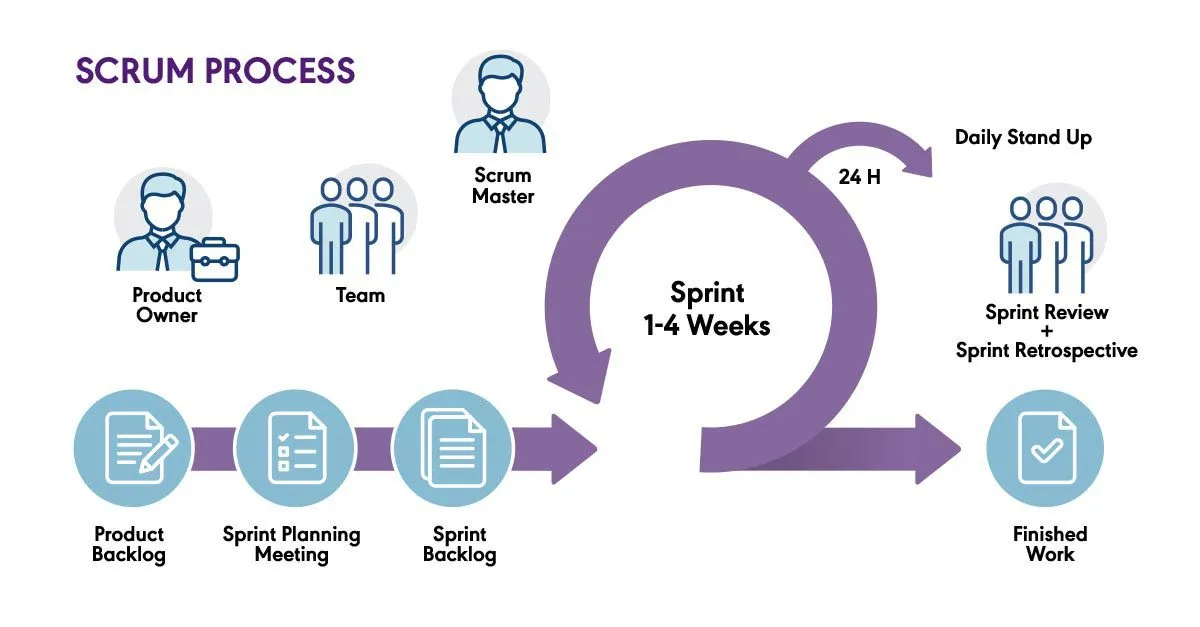
The Role of a Scrum Master: Enabling Agile Excellence in Modern Teams
In today’s fast-paced, innovation-driven business environment, Agile methodologies have emerged as essential frameworks for project management, particularly in the realms of software development, product design, and complex cross-functional initiatives. Among the key roles in Agile, the Scrum Master stands out as a servant-leader dedicated to enabling teams to work efficiently, collaboratively, and adaptively.
Understanding the Scrum Framework
Scrum is an Agile framework that enables teams to develop products iteratively and incrementally. At its core, Scrum is built on empirical process control—transparency, inspection, and adaptation—and encourages collaboration, responsiveness, and continuous improvement.
A Scrum team typically consists of three key roles:
- Product Owner – who defines the vision and manages the product backlog
- Development Team – who deliver potentially shippable product increments
- Scrum Master – who facilitates the process and removes obstacles
Among these, the Scrum Master acts as the guardian of the process and the catalyst for team performance.
What Is a Scrum Master?
A Scrum Master is not a traditional project manager or team lead. Instead, this individual serves as a facilitator, coach, and process advocate. The Scrum Master ensures that the Scrum framework is properly understood and enacted by the team, stakeholders, and the broader organization.
Their responsibilities span three key domains:
1. Serving the Development Team
- Coaching the team in self-organization and cross-functionality
- Helping the team focus on creating high-value product increments
- Removing impediments to the team’s progress
- Facilitating Scrum events (Daily Stand-ups, Sprint Planning, Reviews, and Retrospectives)
2. Serving the Product Owner
- Assisting with effective backlog management
- Helping communicate the product vision and goals clearly to the team
- Supporting stakeholder collaboration as needed
3. Serving the Organization
- Leading the organization in Agile adoption
- Facilitating change that enhances team productivity and value delivery
- Educating stakeholders on Agile practices and Scrum principles
The Qualities of an Effective Scrum Master
While certifications such as Certified ScrumMaster (CSM), Professional Scrum Master (PSM), or SAFe Scrum Master are valuable, success in this role goes far beyond credentials. A highly effective Scrum Master exhibits:
- Servant Leadership: Putting the needs of the team above personal interests
- Emotional Intelligence: Understanding team dynamics and individual motivations
- Strong Communication: Facilitating clear and open conversations
- Problem-Solving Skills: Removing blockers and driving continuous improvement
- Adaptability: Embracing change and helping others do the same
The Strategic Value of a Scrum Master
Organizations that adopt Agile without strong Scrum Masters often struggle to realize the full benefits. A skilled Scrum Master helps build high-performing, self-managed teams that can navigate uncertainty, deliver value rapidly, and continuously improve. They enable a culture of collaboration, transparency, and accountability, which are hallmarks of sustainable success in the digital era.
Moreover, the Scrum Master serves as a bridge between technical and business teams, ensuring alignment on goals, priorities, and delivery. As businesses increasingly face pressure to innovate quickly and deliver customer-centric solutions, the role of the Scrum Master becomes more strategic than ever.
Conclusion
The Scrum Master is not just a facilitator of meetings, but a change agent, a coach, and a champion of Agile values. As organizations evolve to meet the challenges of digital transformation and complex product development, the Scrum Master plays a pivotal role in shaping team success and organizational agility.
For companies committed to Agile excellence, investing in capable Scrum Masters is not just a good practice—it is a competitive advantage.

2 Comments